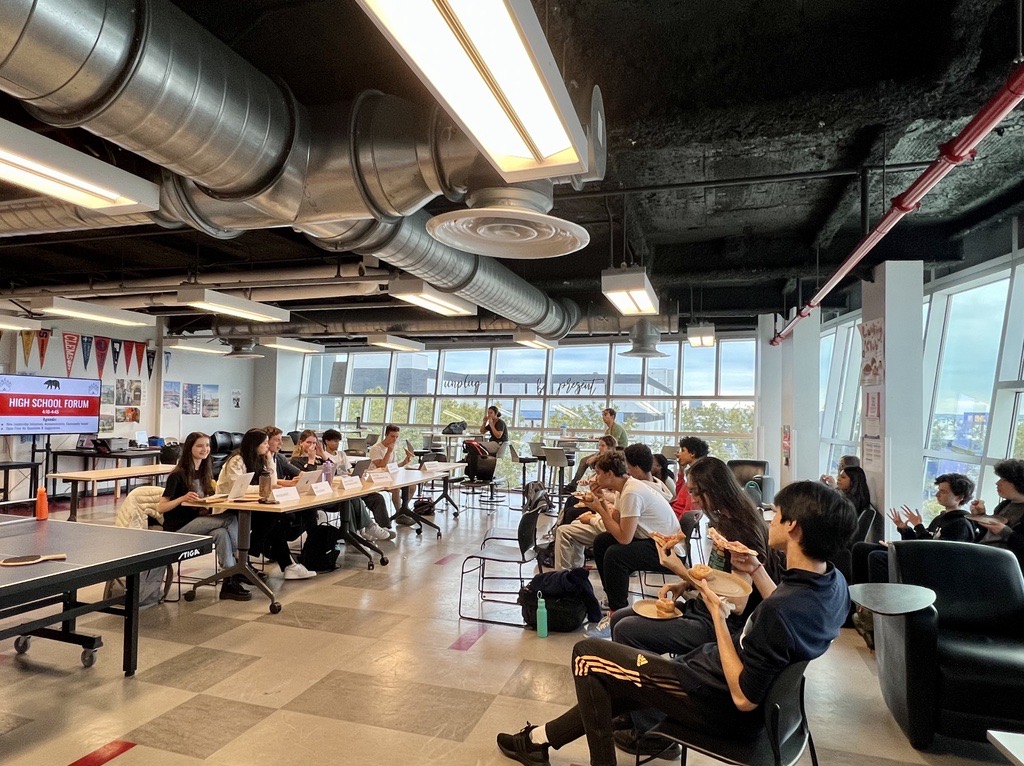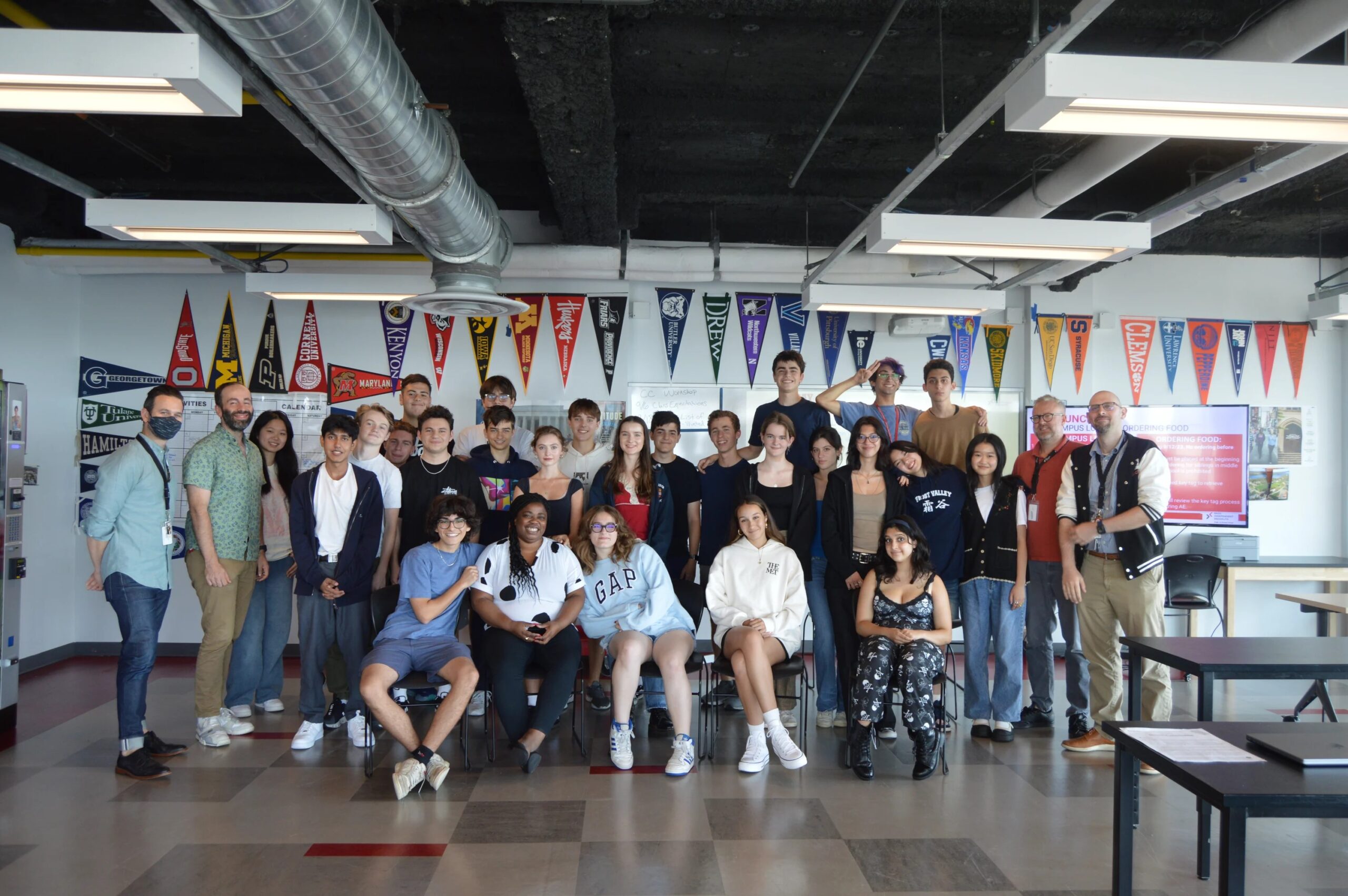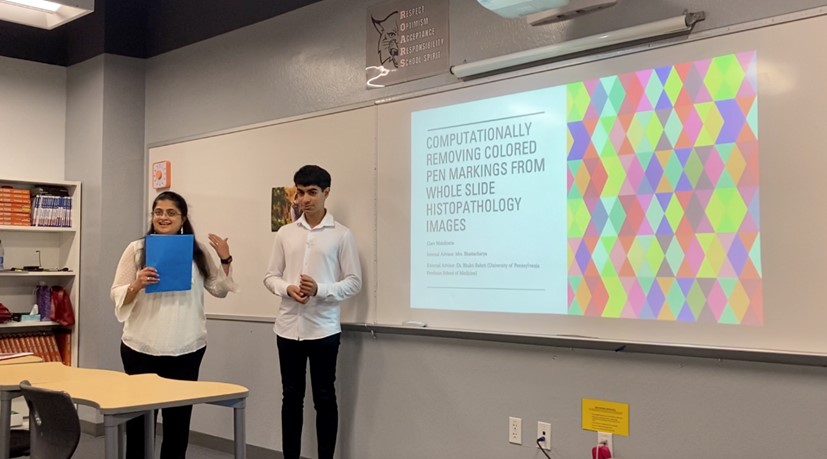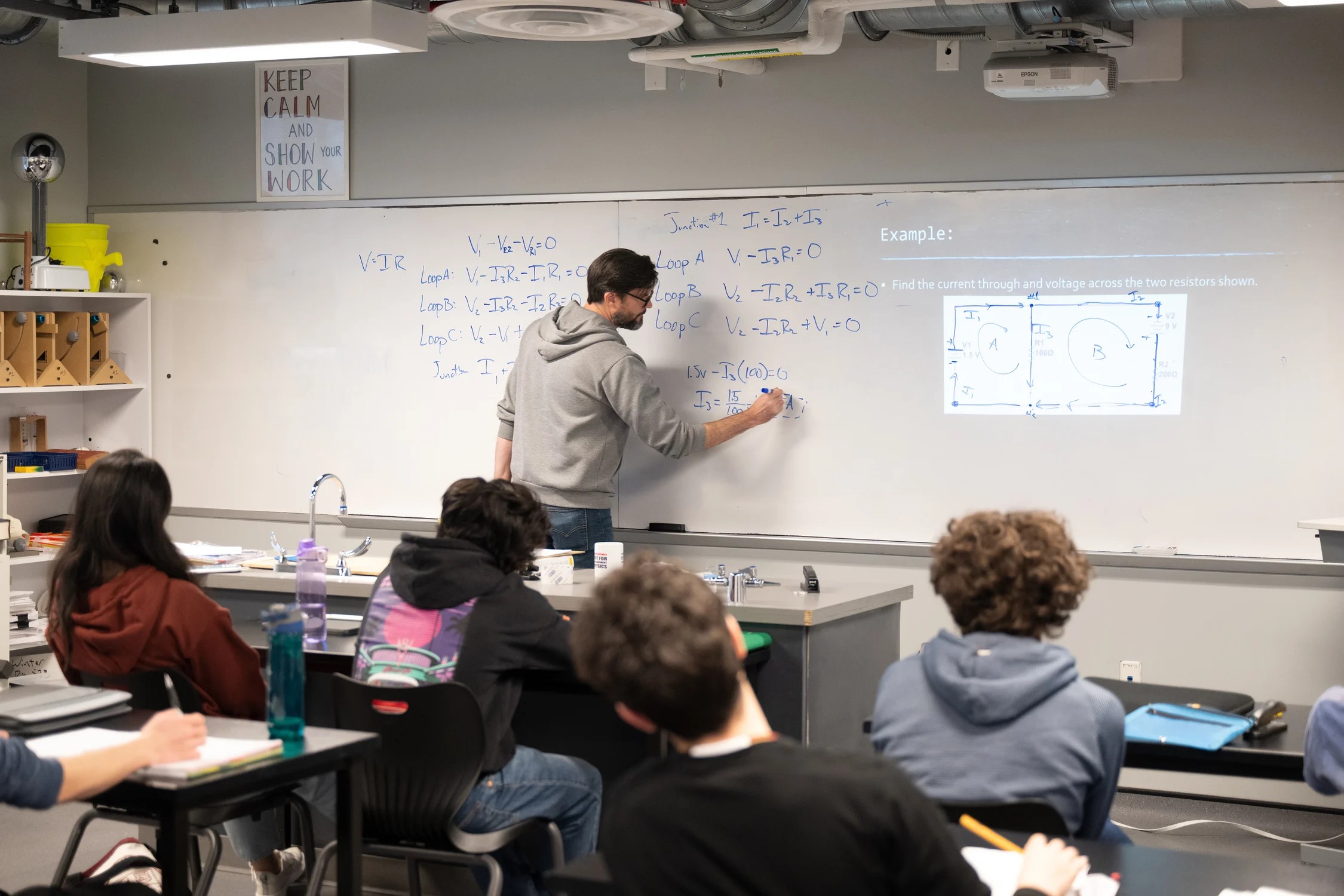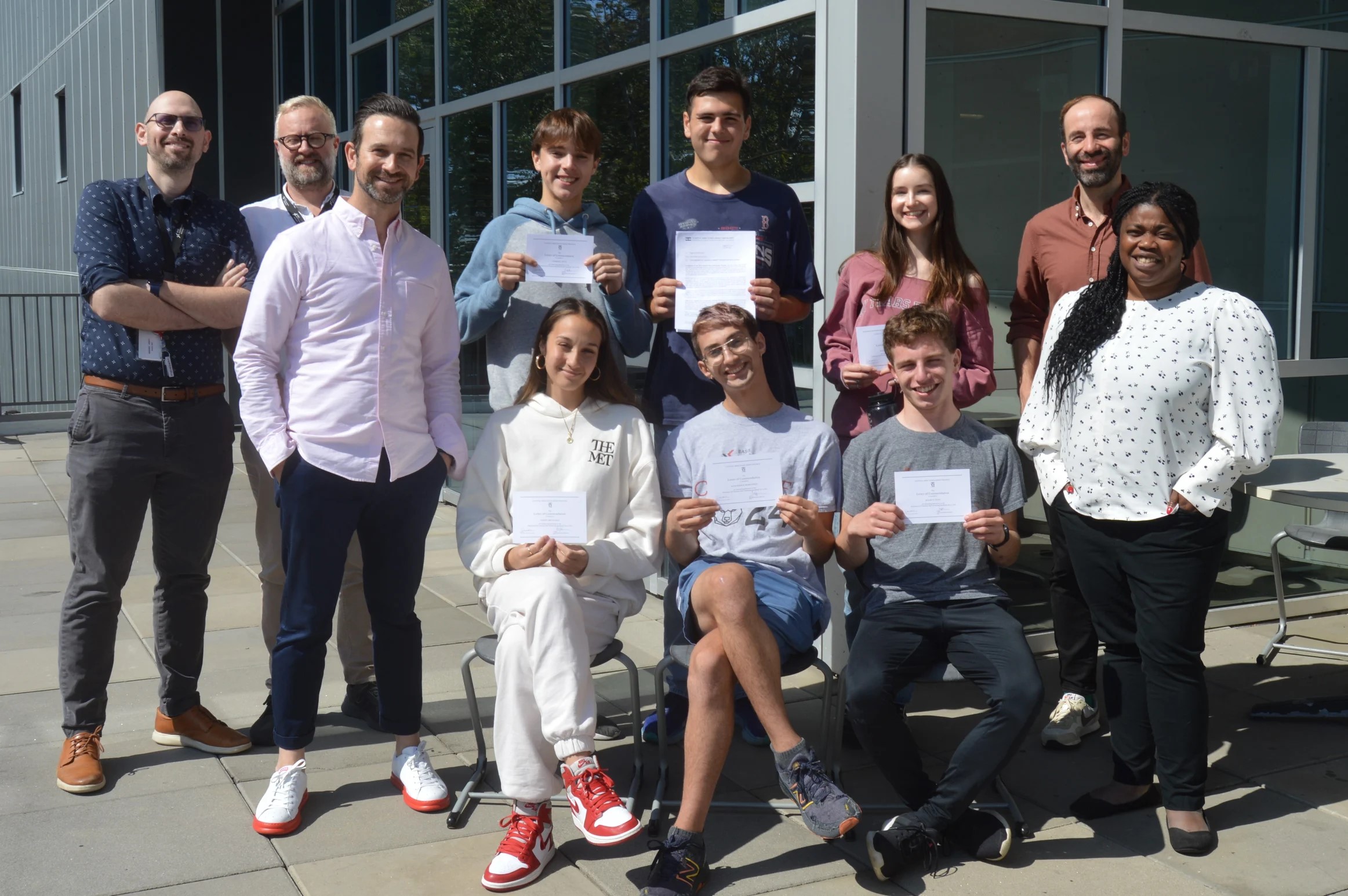Many of the questions fielded by our admissions team revolve around the student experience offered at our Upper School in Red Hook. Who better to help convey that than some...
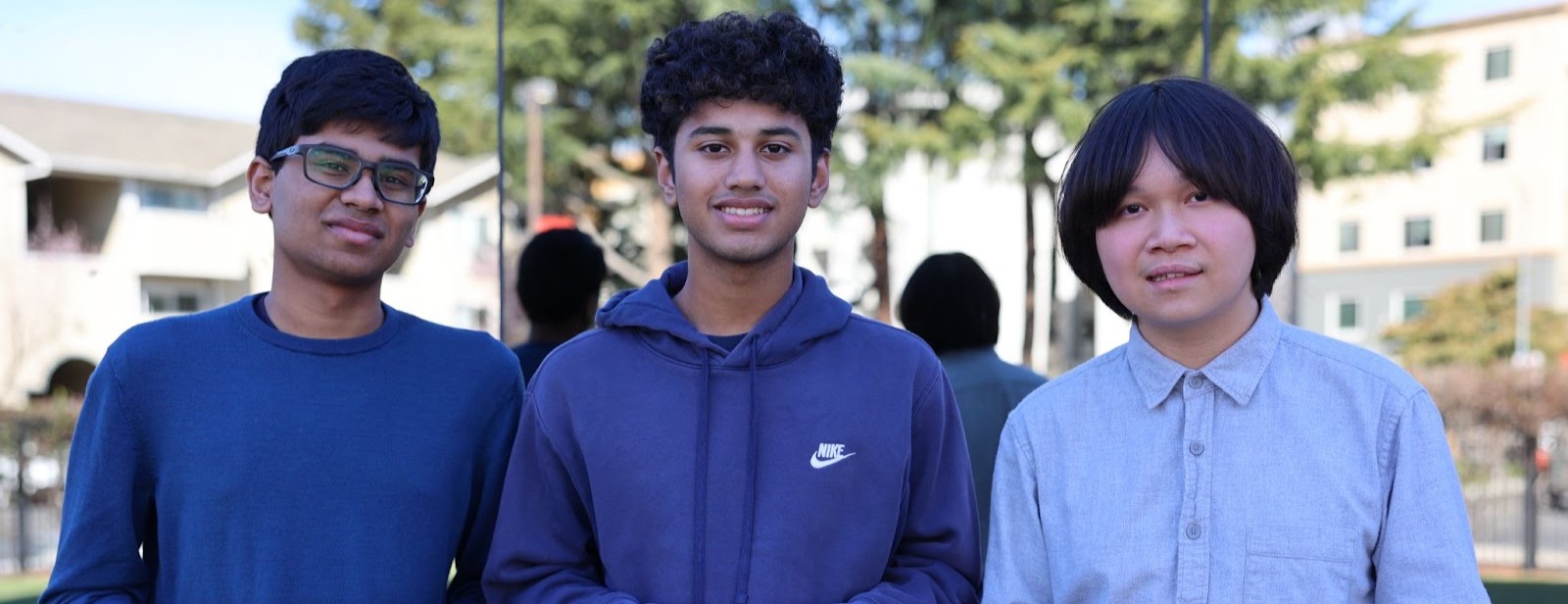
We are excited to meet many wonderful families considering a BASIS Independent Brooklyn education for their family. During each admissions season we field a wide range of questions about the...
At BASIS Independent Brooklyn, we prioritize cheering on our students’ accomplishments across many areas–from fine arts to community service, debate competitions, sports, and beyond. However, academic accomplishment remains a shared...
Passion, Perseverance, and the Intersection of Biomedical Research & Computer Science: Meet the Winner of the 2023 Fellows Scholarship for Excellence in Senior Projects! The leaves are falling, the air...
Nearly two years ago our Cub Community moved into a brand new Lower School campus, PreK – Grade 2, at 405 Gold Street in Downtown Brooklyn. The campus was deliberately...
The National Merit Scholarship Corporation (NMSC) announced the Semifinalists in the 69th annual National Merit Scholarship Program and nearly 60% of BASIS Independent Schools Class of 2024 have been recognized...
The 2024 Niche private school rankings have been released, and BASIS Independent Schools maintains its position as a national leader in K–12 education. We are excited that our network’s campuses consistently received significant national...
Officials of the National Merit Scholarship Corporation (NMSC) just released the names of Semifinalists and Commended Scholars in the 69th annual National Merit Scholarship Program – including 9 BASIS Independent...
The application for the 2024-25 school year is now available for Preschool – Grade 12. Join our community! At BASIS Independent Brooklyn, we invite those with a passion for international...
Dear Families and Staff, During the quiet months of summer, we make it a priority to reflect on the past year right before the rush of back-to-school begins. Now we...

